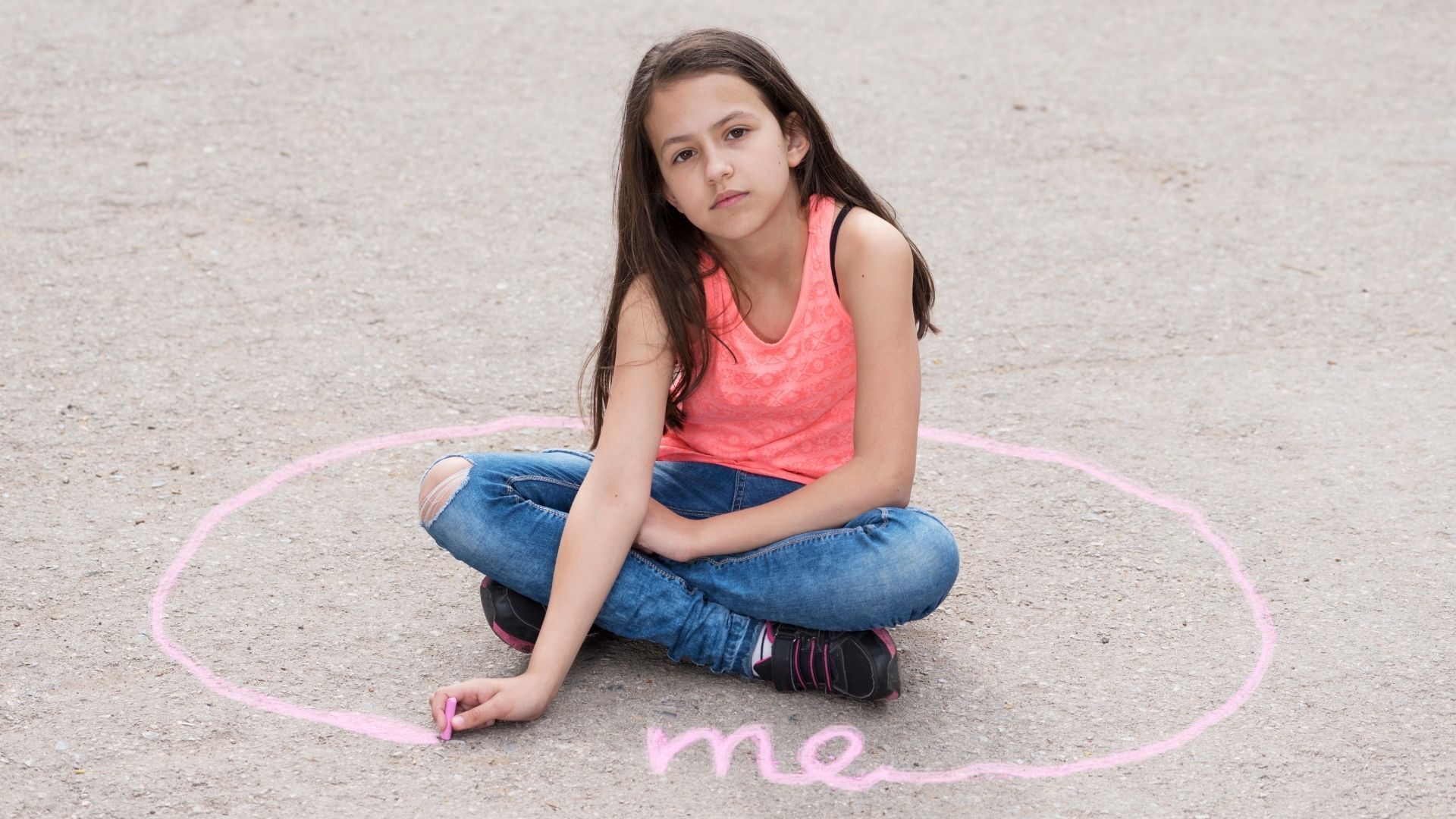Kids and Personal Space

It is important to teach children to respect the personal space of others, but also to protect their own.
When children feel comfortable with their bodies, understand their bodies and can identify parts of their bodies it will be easier to explain to them about defending and defining their personal space. A child of 5 is already capable of grasping this concept and will also be able to display it.
Teach your child that positive relationships are the result of respecting personal space. Help your child to practice saying “no” to someone who invades their personal space. This is also a great age to start showing your child some of the body language that someone will typically display if you are invading their personal space, so that they will be able to recognise it. Play games with your child in your yard, where he/she has to try and get away from you as you try to invade his/her personal space and reverse the roles.
The concept of “personal space” is a very important social rule. Most children are able to instinctively sense whenever they are entering someone’s personal space and whenever theirs are entered. This however does not come naturally for all children. If your child struggles with identifying when his/her personal space is being invaded, it has the potential to make your child vulnerable to inappropriate conduct or abuse. It is thus important to make sure that your child fully grasps this concept.
Use a rope and make a small circle with it – let your child sit in the circle and explain to your child that people who are close to us, like our family, are people we are comfortable with and our personal space for them is smaller. Make the circle bigger and explain to your child that with strangers and other people the personal space boundaries are bigger. The less we know the person, the bigger our personal space. Start giving your child a “cue word”, like “personal space” whenever he/she gets too close to someone or someone gets too close to them in order to remind them of and enforce what they were taught. Also explain to your child that there are certain situations where someone will end up in their personal space, such as sitting on the bus or standing in a queue at school. Explain that these situations are unique and also allowed.
Share Post
Complete the following form if you require more info about EQ4kids or want to enroll your child at your nearest Franchise.
Blog Enquiry









